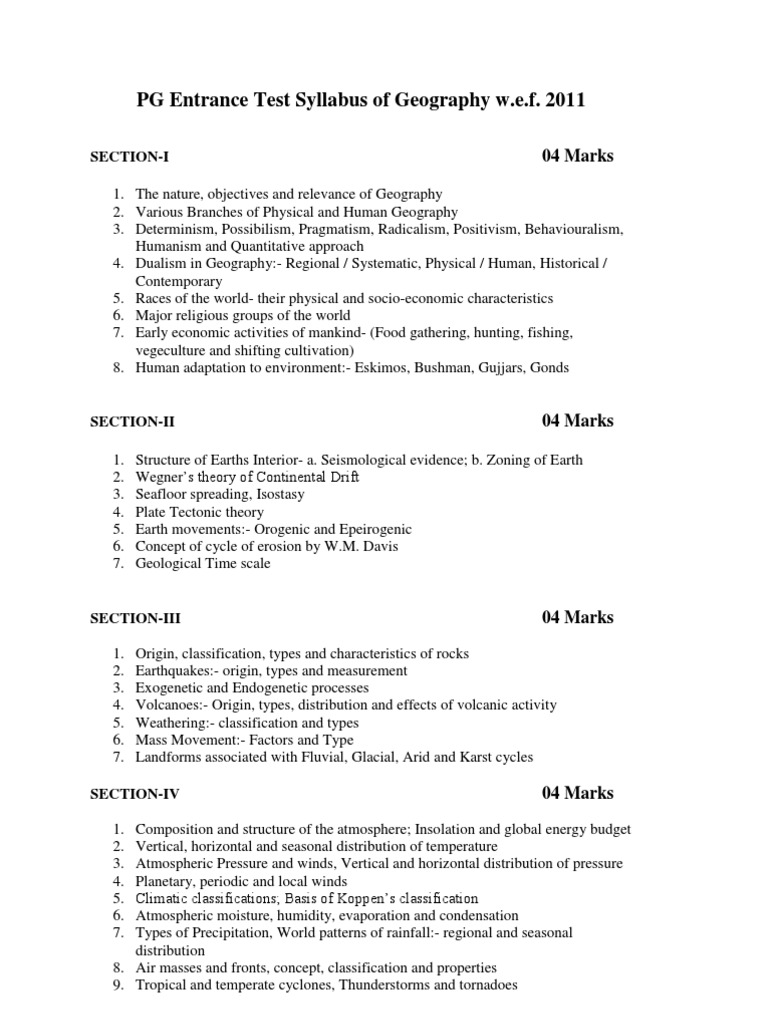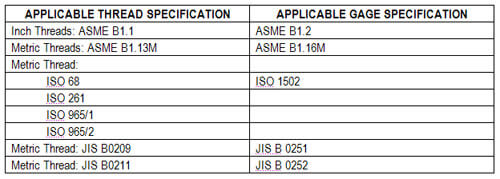
Determinism And Possibilism In Geography Pdf Notes For Ipad
Geography is important subject for both UPSC and IAS Mains Exam. The geography syllabus for upsc prelims contains the Indian geography as well as world geography. This includes the physical, Economic and Social Geography of India and the world.
The geography section in the prelims syllabus gives the real depth of Indian Geography and World Geography and most of the questions are linked directly or indirectly with geography. The questions asked in prelims are from physical, social and economic geography of India and the world. Section-A Here we are giving the geography syllabus for UPSC prelims in a detailed manner which will help the aspirants those who are preparing for UPSC IAS Prelims 2019. UPSC Prelims Geography Syllabus Physical Geography i) Geomorphology Origin of the earth; Geological Time Scale; Interior of the earth; Types and characteristics of rocks; Folding and Faulting; Volcanoes; Earthquakes; Weathering; Landforms caused by fluvial, aeolian and glacial actions. Ii) Climatology Structure and composition of atmosphere; Temperature; Pressure belts and Wind systems; Clouds and rainfall types; Cyclones and anticyclones; Major climatic types. Iii) Oceanography Ocean relief; Temperature; Salinity; Ocean deposits; Ocean currents, El Nino and La Nino; Waves and tides.
In Geography, this led to a rather deterministic view of struggle and survival. Documents PDF Complete Click Here & Upgrade Expanded Features Unlimited.
Iv) Biogeography Origin and types of soils; Major biomes of the world; Ecosystem and food chain; Environmental degradation and conservation. Section-B Human Geography i) Man and Environment Relationship Growth and development of Human Geography; Concepts of Determinism and Possibilism. Ii) Population Races of mankind and tribes; growth and distribution of world population; migration; population problems of developed and developing countries. Iii) Economic Activities Food gathering and hunting; pastoral herding; fishing and forestry; Types of agriculture-shifting, subsistence, commercial and plantation; Mining, Power; Manufacturing -locational factors of textile, iron and steel, sugar and fertilizer industries; Tertiary activities-trade, transport, communication and services.
Iv) Settlements Origin, types and patterns of rural settlements; Processes of urbanisation; morphology and functional classification of towns; million-cities and megacities. Section-C Geography of the World i) Major Natural Regions: Characteristics, economic base and human adaptation. Ii) Regional Geography of Developed Countries: Canada, U.S.A., Western Europe, Russia, Japan, Australia and New Zealand. Iii) Regional Geography of Developing Countries: S.E. Asia, China, Southern Africa and Brazil. Iv) Regional Geography of South Asia. Section-D Geography of India (Indian Geography syllabus for IAS Prelims) i) Physical Setting Landforms, drainage, climate, soils and natural vegetation.
Ii) Economic Base Minerals & energy resources, aquatic resources, forest resources; irrigation, agriculture and industries; trade and commerce.  Iii) Population Growth, distribution and density; demographic characteristics. Iv) Environmental problems, developmental issues and regional planning. Section-E Geographical Thought i) Ancient Period: Contributions of Indians, Greeks, Romans and Arabs. Ii) Pre-Modern Period: Contribution of Verenius, Kant, Humboldt and Ritter. Iii) Modern Period: Dichotomy of determinism and possibilism; contributions of Ratzel, Semple, Huntington and La Blache.
Iii) Population Growth, distribution and density; demographic characteristics. Iv) Environmental problems, developmental issues and regional planning. Section-E Geographical Thought i) Ancient Period: Contributions of Indians, Greeks, Romans and Arabs. Ii) Pre-Modern Period: Contribution of Verenius, Kant, Humboldt and Ritter. Iii) Modern Period: Dichotomy of determinism and possibilism; contributions of Ratzel, Semple, Huntington and La Blache.
Iv) Recent Period: Quantitative Revolution; Radicalism, Behaviorism and Humanism. Section-F Techniques of Geographical Analysis i) Maps: Scale and types, uses.
Ii) Diagrams: Types and uses iii) Projections: Types, characteristics and uses. Iv) Remote sensing and geographical information system (GIS): Aerial photographs and imagery, GIS. Questions about the location of important places, landforms, and geographical features in India and the world appeared in the previous UPSC prelims exam papers. Candidates are advised to refer previous years IAS prelims question prepare to understand the nature of questions asked and to prepare accordingly and questions are of easy to moderate level.